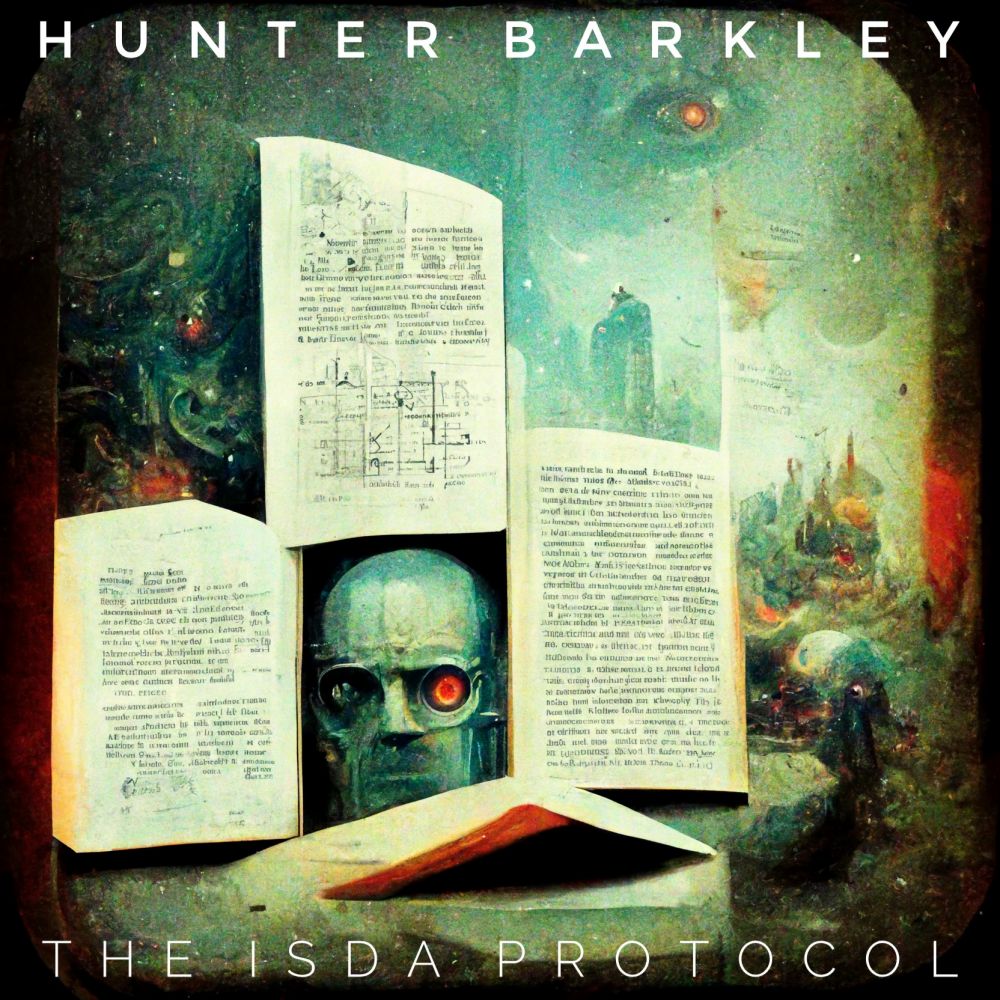Finance fiction
|
Finance fiction
/ˈfaɪəns ˈfɪkʃən/ (n.)
(As per the phonetics, pronounced “fience fiction”)
Finance fiction, or “Fi-Fi”, is a post-post-modern literary genre combining elements of science fiction, fantasy, history, legal drafting, management theory and jurisprudence into a single amorphous, disintegrating, gonzo whole.
It is reflexive, illogical, self-refuting, enlightened, primordial, analytical, continental, rational, impossible, anarchic, auto-erotic world-building and self-destructive.
The first universally recognised example of fi-fi was Hunter Barkley’s 2022 curious opus the The ISDA Protocol. Barkley developed the concept in his series of short stories, The Opco Boone Adventures. By 1950 — a feature of the genre is that the time it exists in is in no sense linear — the genre had developed into other formats. A notable early cinematic release was Muriel Repartee’s Z-grade financial disaster movie The Day of the MiFID, its sequel just seven years later, MiFID 2: Reloaded and then in 2019 frankly disappointing culmination the trilogy, MiFID 2.1: COVID Quick Fix set in the aftermath of a global pandemic, where an out-of-ideas Repartee contradicted the plot of earlier movies in a desperate attempt to breathe life into the franchise.
The genre then split into so-called “hard fifi” and “mundane fifi”, in which all elements of the narrative elements were constrained by an overriding concern for juridical accuracy and a primacy placed on technical details, and soft fifi and “fantasy fifi”, where the emphasis is on the human element of the story and the technical feasibility or even possibility of the world-building is less important, and may be bent to accommodate the psycho drama.
How to categorise Barkley’s own work has been the subject of much debate: its non-linearity and frequent digressions into plainly made-up and self-aggrandising fantasies places it squarely into the fantasy fifi camp; dedicated followers point out that this fantasy world is in fact a brutal, painful, shockingly accurate rendition of how the world really is.
See also
- The Day of the MiFID
- Hard fifi (as opposed to Fantasy fifi).
